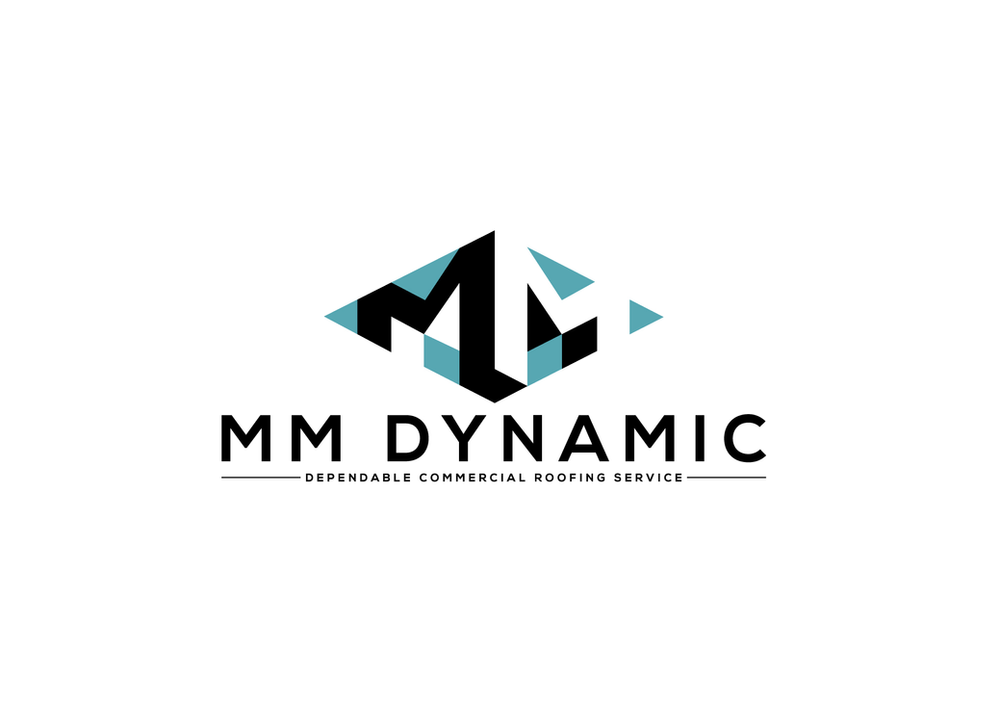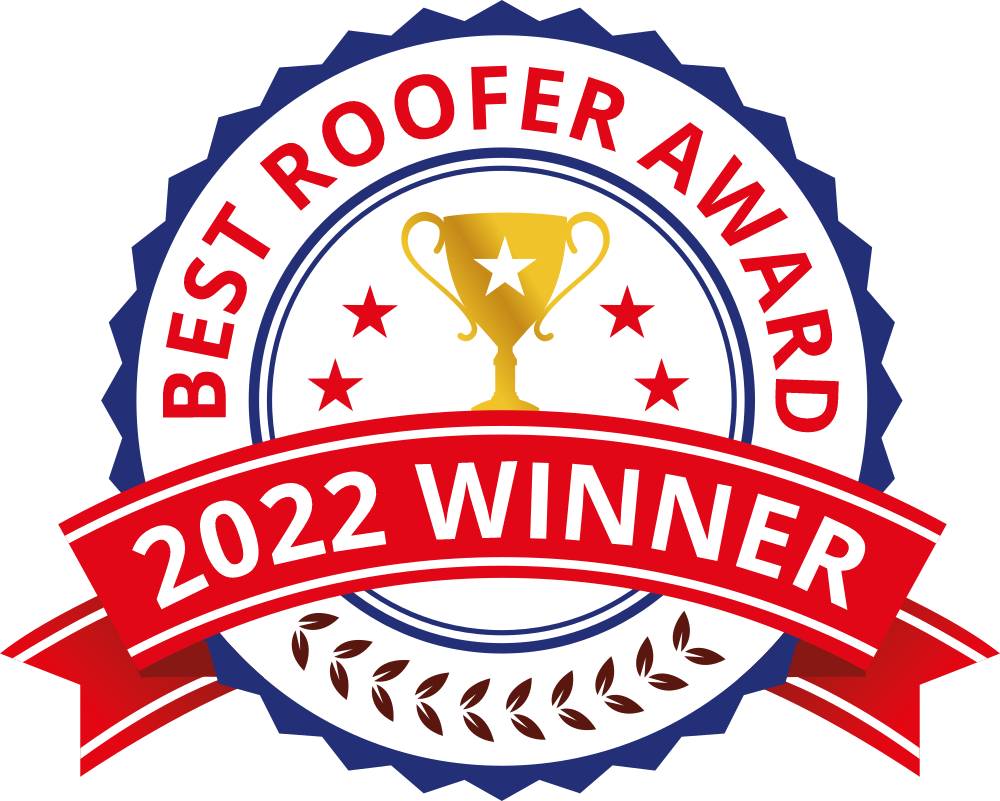Introduction
Waterproofing roofs is essential for building maintenance. Proper waterproofing also extends the lifespan of the roof and protects the building from the elements. One of the latest innovations in roof waterproofing is the use of polyurea coating, a versatile and durable material that offers many benefits compared to traditional roofing methods. In this article, we will explore the benefits of polyurea coating, how it works, the types of roofs that can benefit from it, its cost and return on investment, and its potential applications.

Benefits of Polyurea Coating for Roof Waterproofing
Polyurea coating offers many benefits that make it a popular choice for roof waterproofing. Take a look at some of the main advantages:
Durable and Long-lasting Protection
Polyurea coating is incredibly durable and can withstand harsh weather conditions, extreme temperatures, and heavy foot traffic. Its chemical composition makes it resistant to abrasion, impact, and corrosion, ensuring long-lasting protection for your roof.
Fast and Easy Installation
Polyurea coating can be applied quickly and easily, reducing labor costs and minimizing disruption to your daily operations. It cures rapidly, allowing for faster re-entry and reducing downtime.

Seamless and Flexible Application
Polyurea coating creates a seamless and flexible membrane that conforms to the shape of the roof, eliminating seams and joints that can be potential weak spots for water penetration. It can also be applied to any shape or size of the roof, making it suitable for both new and existing buildings.
Resistant to Weather Extremes and UV Rays
Polyurea coating is highly resistant to UV rays, which can cause damage to roofs over time. It is also resistant to extreme temperatures, freeze-thaw cycles, and moisture, ensuring that your roof remains protected and leak-free.
Environmentally Friendly and Safe
Polyurea coating is an environmentally friendly and safe material that contains no volatile organic compounds (VOCs) and produces no harmful emissions during application. It is also non-toxic and safe for workers and building occupants.
How Polyurea Coating Works
Polyurea coating is a two-part polymer that is sprayed onto the surface of the roof using specialized equipment. The two parts of the polymer, isocyanate, and resin, are mixed together under high pressure and then sprayed onto the roof, where they react and form a seamless, waterproof membrane. The application process takes only a few hours, and the coating cures rapidly, allowing for faster re-entry.
Polyurea coating is different from traditional roofing materials such as asphalt, EPDM, and PVC in several ways. It is much more flexible and can expand and contract with the roof, eliminating the need for expansion joints. It is also much stronger and more durable, with a higher tensile strength and tear resistance than other materials.
Factors that affect polyurea coating application and effectiveness include surface preparation, temperature, humidity, and substrate type. Proper surface preparation is critical to ensure adhesion and prevent delamination. The ideal temperature range for application is between 70-80°F, and humidity should be below 85%. The substrate type also affects the choice of polyurea coating, as some formulations are better suited for certain substrates than others.

Types of Roofs that Benefit from Polyurea Coating
Polyurea coating can be applied to a wide variety of roof types, including flat and low-sloped roofs, metal roofs, concrete and masonry roofs, and sloped roofs. Here are some of the main advantages of polyurea coating for each type of roof:
Flat and Low-Sloped Roofs - Polyurea coating is an ideal choice for flat and low-sloped roofs because it can create a seamless, waterproof membrane that eliminates the need for joints and seams. It is also highly durable and can withstand heavy foot traffic, making it suitable for commercial and industrial buildings.
Metal Roofs - Metal roofs are prone to rust and corrosion, which can cause leaks and damage to the structure. Polyurea coating can provide a protective layer that prevents corrosion and extends the roof's life. It is also highly reflective, which can help to reduce energy costs by reflecting heat away from the building.
Concrete and Masonry Roofs - Concrete and masonry roofs are often found in industrial and commercial buildings and can be difficult to waterproof. Polyurea coating can provide a seamless, waterproof barrier that protects the roof from water damage and prevents leaks. It is also highly resistant to chemicals and can withstand exposure to harsh industrial environments.
Sloped Roofs - Sloped roofs require a material that can conform to the shape of the roof and provide a seamless, waterproof membrane. Polyurea coating can be applied to sloped roofs and provide long-lasting protection against water damage and leaks.
The Cost of Polyurea Coating and Return on Investment
The cost of polyurea coating varies depending on several factors, such as the size of the roof, the type of substrate, and the thickness of the coating. On the downside, polyurea coating is generally more expensive than traditional roofing materials such as asphalt and EPDM. But, when considering the long-term benefits and cost savings of polyurea coating, it can be a worthwhile investment.
Polyurea coating can last up to 25 years with proper maintenance, which is much longer than traditional roofing materials. It also requires less maintenance and repair than other materials, reducing ongoing costs. In addition to that, polyurea coating is highly reflective, which can help to reduce energy costs by reflecting heat away from the building.
Case studies and examples of successful polyurea coating applications demonstrate the cost savings and long-term benefits of using this material. For example, a school district in Texas saved over $1 million by using polyurea coating to waterproof their roofs instead of traditional roofing materials.

Conclusion
All in all, the benefits of using polyurea coating for roof waterproofing cannot be overstated. It is a reliable and long-lasting material that provides superior protection against the elements and prevents costly water damage to the structure. Its fast installation, seamless application, and resistance to weather extremes make it a popular choice for commercial and industrial building owners and managers.
Although polyurea coating is generally more expensive than traditional roofing materials such as asphalt and EPDM, the long-term benefits and cost savings make it a worthwhile investment. With proper maintenance, polyurea coating can last up to 25 years, reducing ongoing repair and maintenance costs.
If you are considering roof waterproofing options, polyurea coating is definitely worth considering. It is important to choose a reputable contractor with experience in polyurea coating installation to ensure a proper application that will provide the maximum benefit and protection for your roof.
If you are in need of polyurea roofing services, don't hesitate to contact MM Dynamic. We are a team of experts in the roofing industry with vast experience in polyurea coating installation. Our professionals provide high-quality services, and we are committed to ensuring our clients get the best service at an affordable cost.
Contact MM Dynamic today to learn more about our polyurea roofing services and to schedule a consultation with our experts.
MM Dynamic
11 Satten Ln
Saugerties, NY
12477
(845) 466-0064
https://mmdynamicroofing.com/



